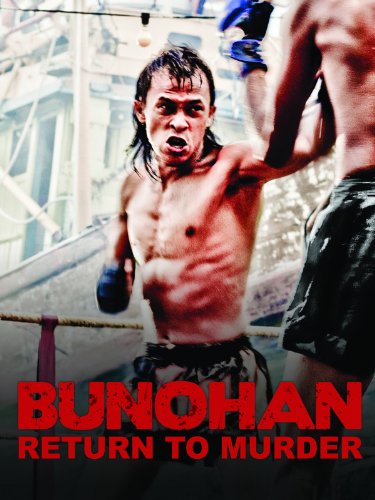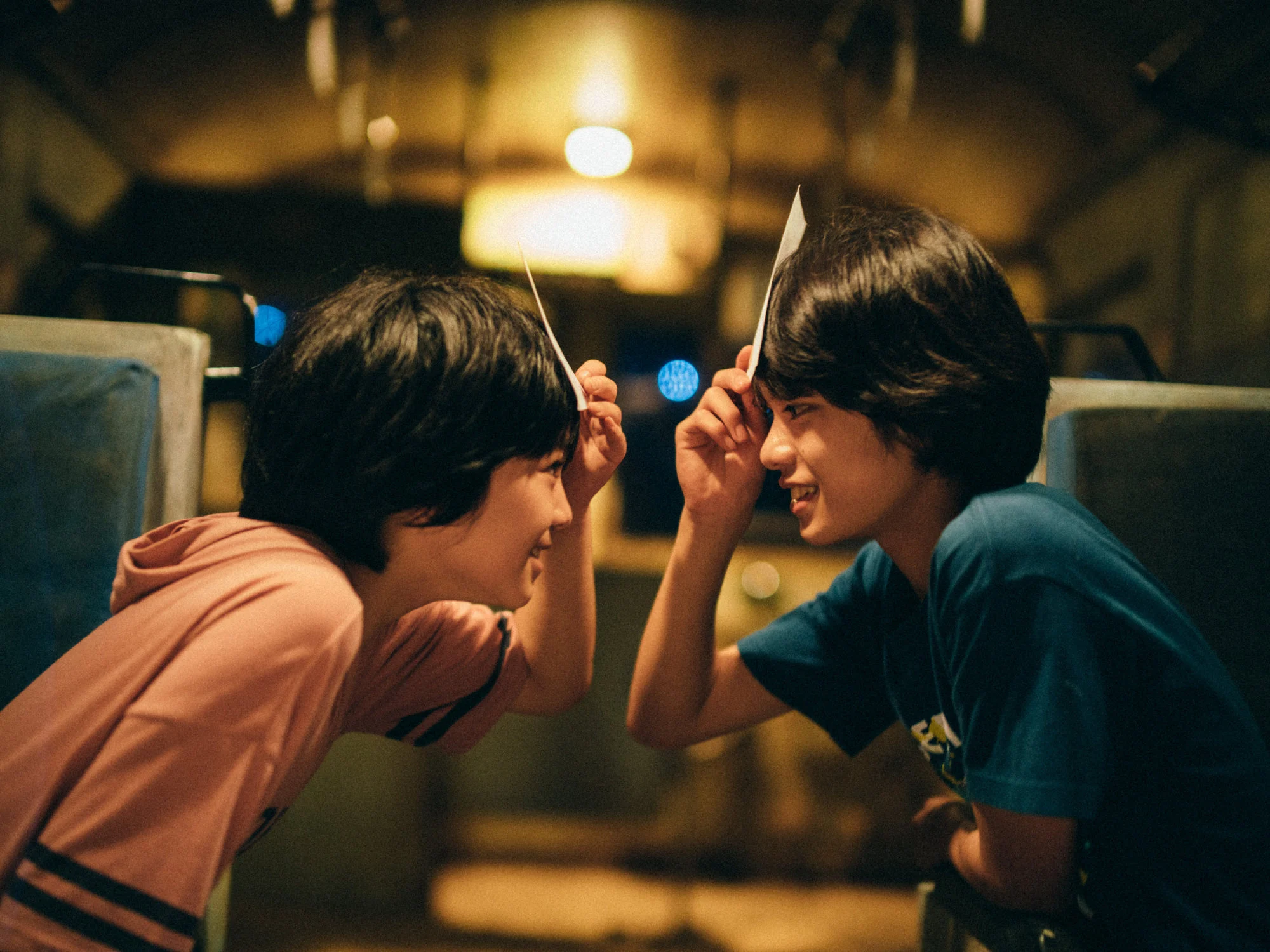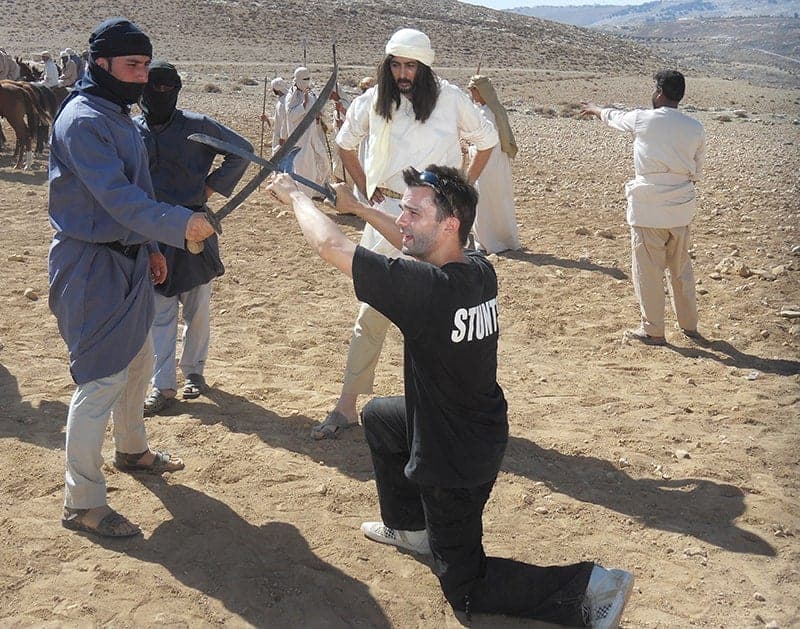With over 26 years of experience in the entertainment industry, Mumbai born filmmaker Kabir Bhatia is a multiple award winning Director/Producer who has spent the last 20 years in Malaysia stamping his strong visual style on the Film Industry.
1992-2004
He cut his teeth at UTV-Mumbai where he began as a 24 year old Director/Writer/Executive Producer, honing his skills in TV and eventually working across all platforms.
He moved to Malaysia when the UTV GROUP set up headquarters in the ASEAN region and Produced and Directed numerous TV formats .
2005-2016
He was a Partner and Managing Director of Filmscape (Malaysia), a respected Production House for a period of ten years. Besides their core business of TV and Film Production, he ventured successfully into Commercials, PSAs and Political Campaigns.
Having directed and Produced numerous Ad's, Travelogues, Fiction for Television and 10 Features across the Asian region including Indonesia and Singapore, Kabir ended his partnership with Filmscape to concentrate on fewer projects .
‘You have to keep changing your set ways. You have to go back to the beginning so that you never lose that fire.'
The last three years:
2016 :
BISIK PADA LANGIT: A film that was a hit in 2017 based upon a father dealing with the loss of his daughter. (Astro Shaw)
Pulang : Inspired by true events, this Epic is based upon the lives of Malaysian Sailors pre and post indendence. The film is currently playing in the Cinemas to rave reviews (Primeworks Studios-Producers.
2017:
ANAK MERDEKA: 6 part mini series (Angsana Productions for ASTRO on 6 platforms)
BRA: 14 part series ( Comicbook Production for Mediacorp)
2018:
SANGKAR: Feature film on MMA fighters. In Post Production (INFINITUS)
SALON- 10 part dark comedy on a female serial killer. Currently shooting (MONSOON PICTURES for VIU CLIP and NTV7)
Here are his ten favorite Malaysian films, in no particular order
1. Jogho (U-Wei Haji Saari, 1997)
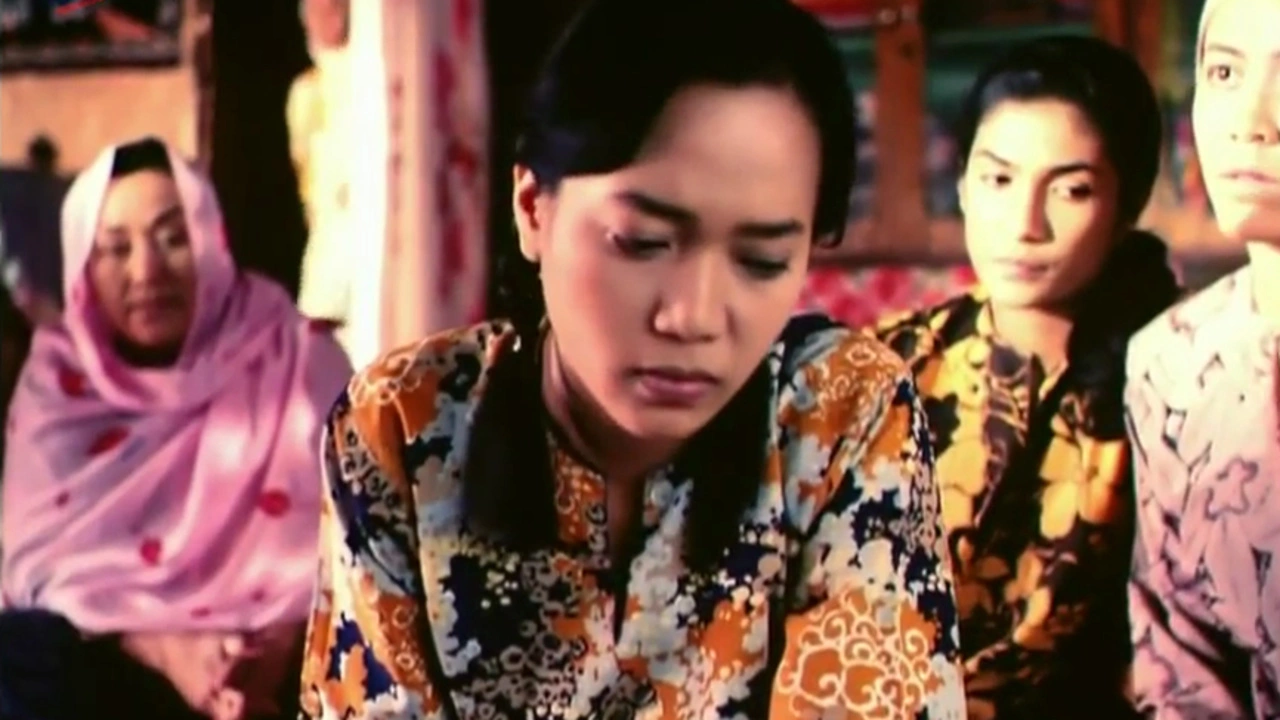
Set in the bull-fighting Patani Malay community of Southern Thailand. An ungracious loser in the arena kills his rival, whose brother Mamat (Khalid Salleh) then vows to get even. His wife Minah (Normah Damanhuri) fails to stop this cycle of vengeance, which will also affect the younger generation.
2. Perempuan Melayu Ter Akhir (The Last Malay Woman, Erma Fatima, 1999)
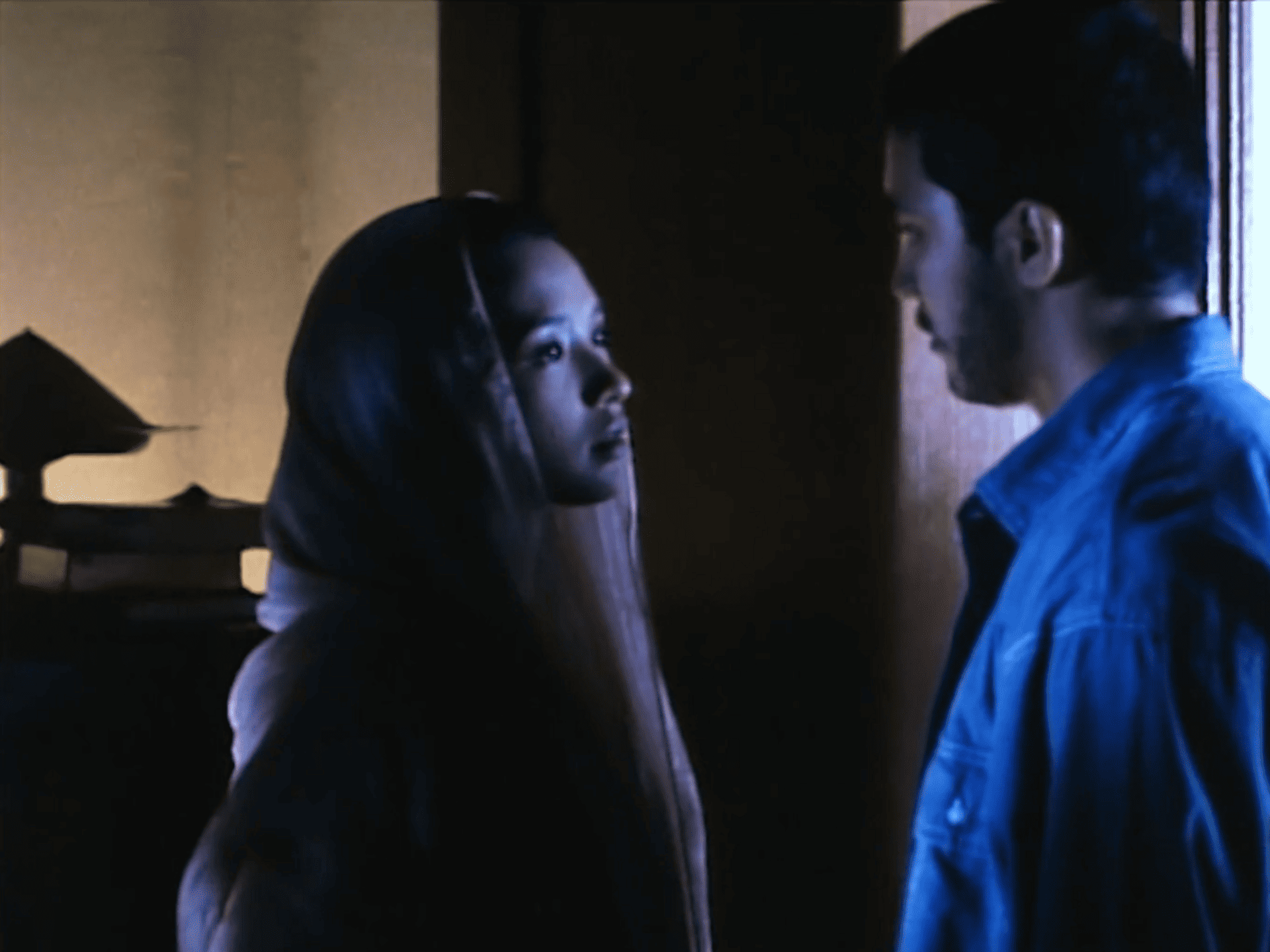
Haikal, a producer of western drama TV, travels to Malaysia's east coast in search for his identity as a Malay. There, destiny arranges a meeting with a girl who still upholds Malay traditions. Although she is engaged to someone else, Haikal finds himself strongly attracted to her.
3. Papadom (Afdlin Shauki, 2009)
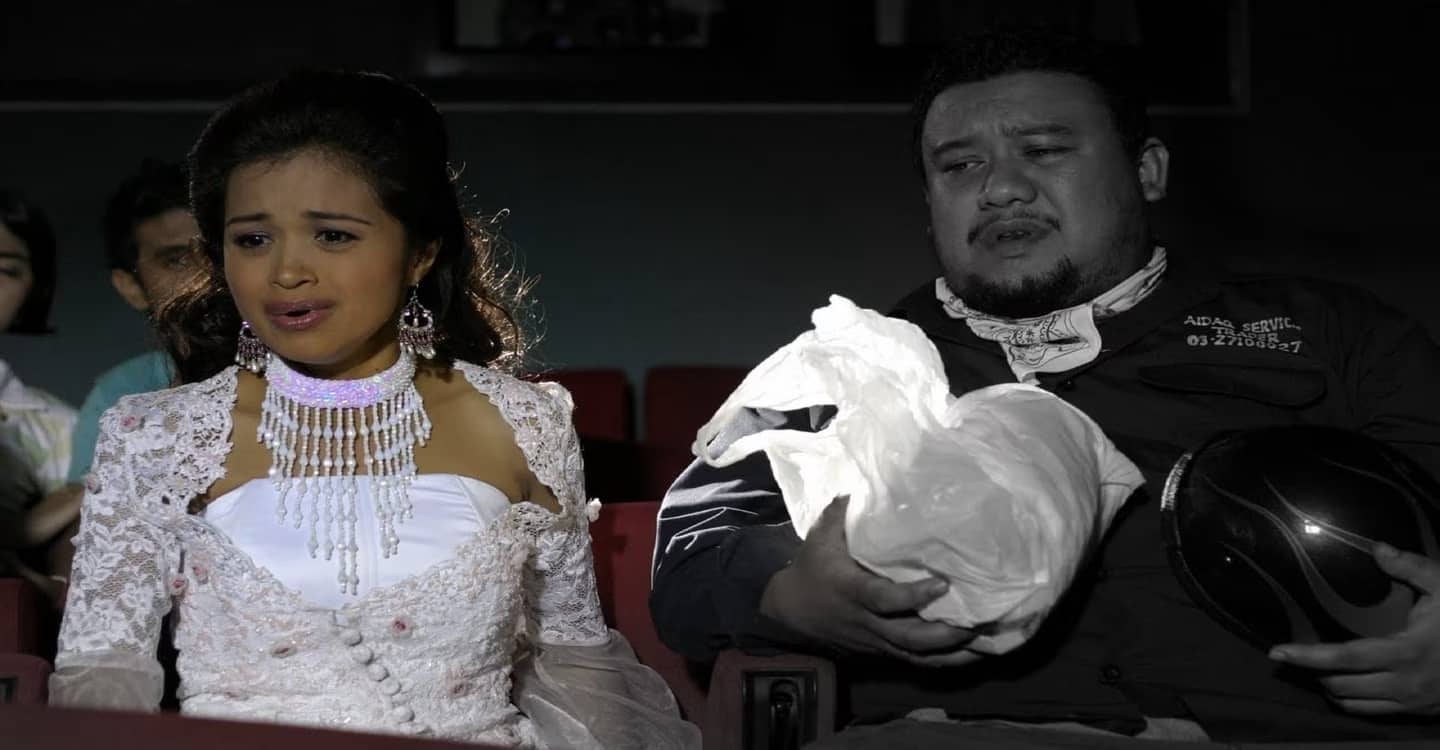
Could a loving husband fulfill his late wife's wishes? This movie tells a tale of Saadom who is a successful Nasi Kandar businessman in Pulau Pinang. His wife's last wish before passing away is for him to take good care of their daughter Mia. From a busy businessman who is so infatuated with his Nasi Kandar business, Saadom changes into a dependable father who is very much focused on his daughter's life. As Mia, grows up she gets a bit annoyed with her father's endless care and devotion towards her which at times seem too much to handle. A huge dilemma arises as Mia is all grown up and ready for University life. Saadom then panics as he has no idea how to fulfill his late wife's wishes while she's away.
4. Budak Kelantan (Wan Azli Wan Jusoh, 2008)
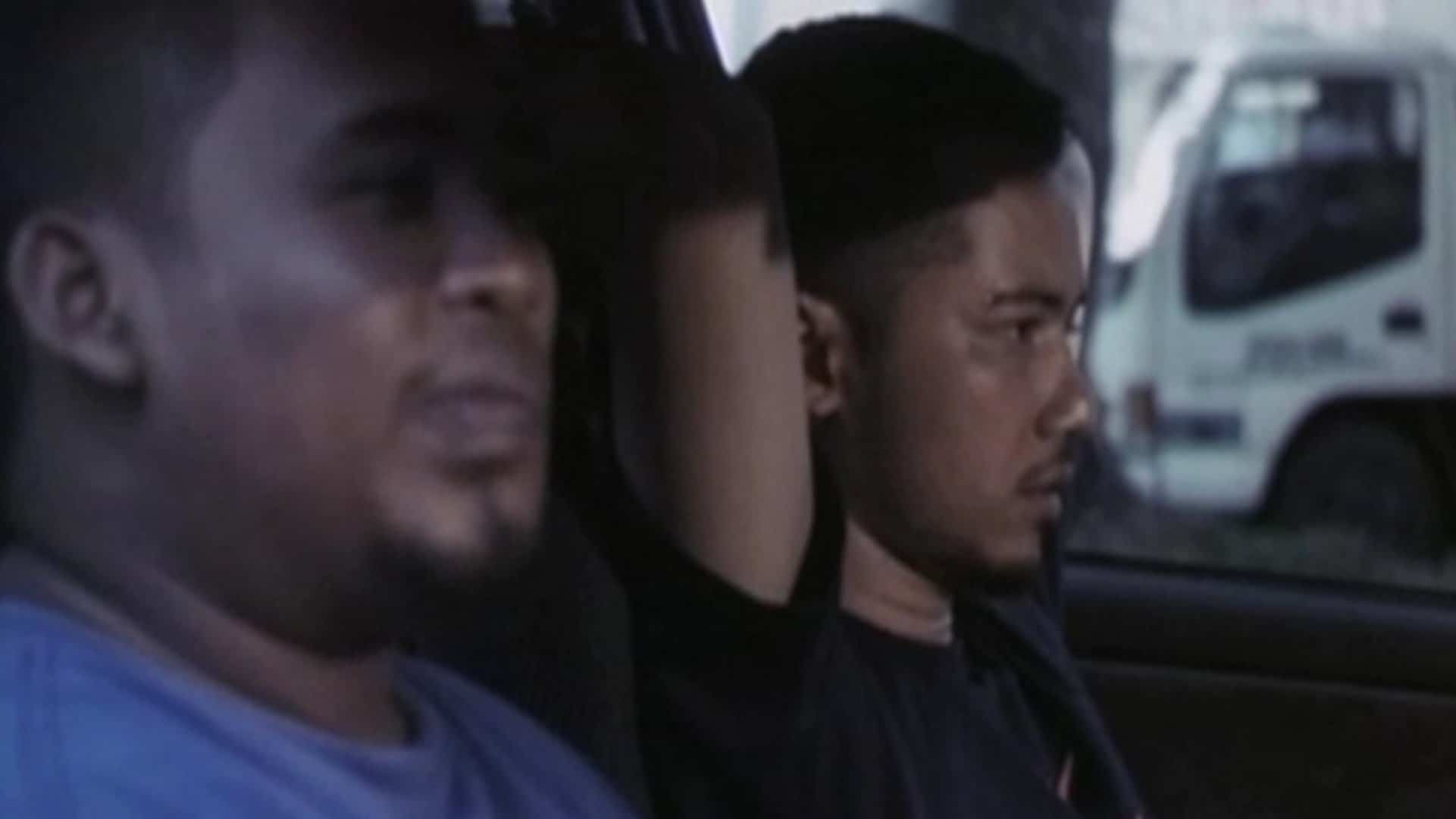
Childhood friends, Buchek and Jaha, met again in Kuala Lumpur after being separated for so long. Now young adults – their attitudes and views about the world differ from one another.
5. Puteri Gunung Ledang (A Legendary Love, Teong Hin Saw, 2004)
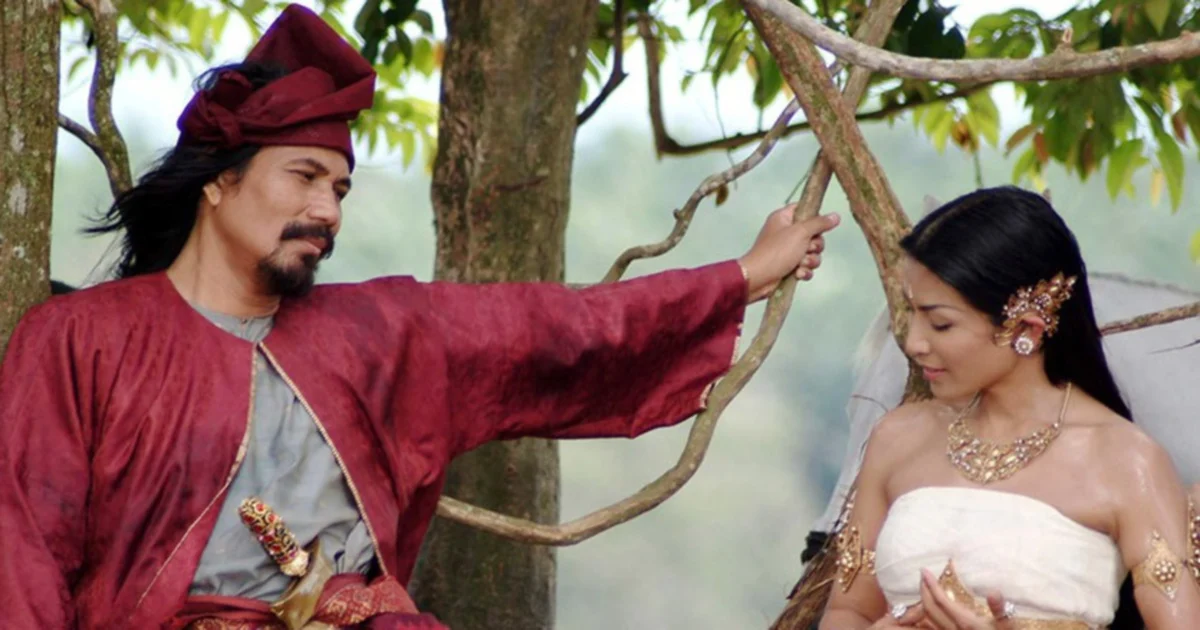
In the late 15th century, a forbidden romance blossoms between Gusti Putri, a Javanese Hindu princess and Hang Tuah, a Malay Muslim warrior from Melaka, against a backdrop of war and mysticism.
6. Kil (Nik Amir Mustapha, 2013)
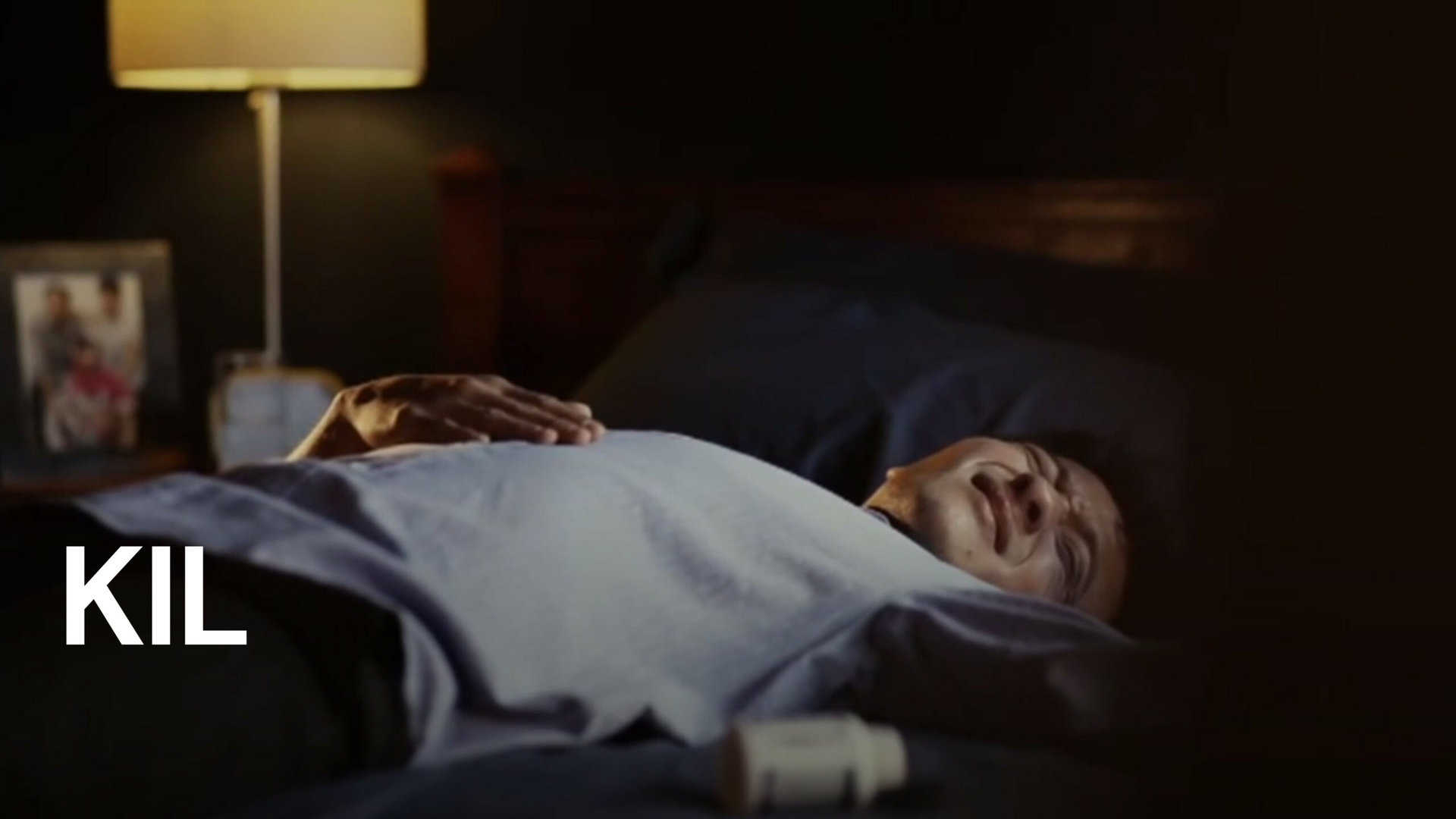
A suicidal young man enters into a contract with a secretive organization to end his life. The kill will be anonymous and he won't know any details. Then, he falls in love with a vivacious woman and begins to regret his decision.
7. Dukun (Dain Said, 2018)
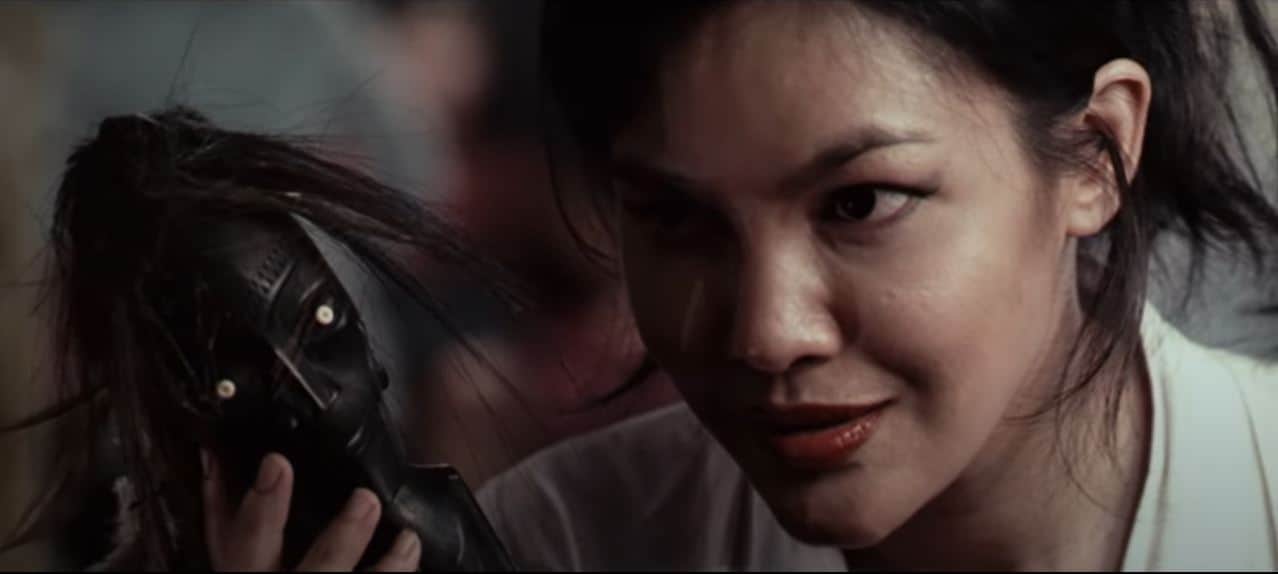
Awaiting her execution, Diana Dahlan (Umie Aida, from “Clash of Empires”) recounts the story of her arrest. Several months earlier, lawyer Karim Osman (Faizal Hussein, from “Bunohan: Return to Murder”) is assigned to her case after being convicted of murder and witchcraft against a colleague and tries to win over the confidence to defend her. As the trial continues on, more evidence is revealed, not only about her connection to him but also about a deadly mystery involving his own missing daughter, while his motives about defending her become severely questioned.
8. Bunohan: Return to Murder (Dain Said, 2011)
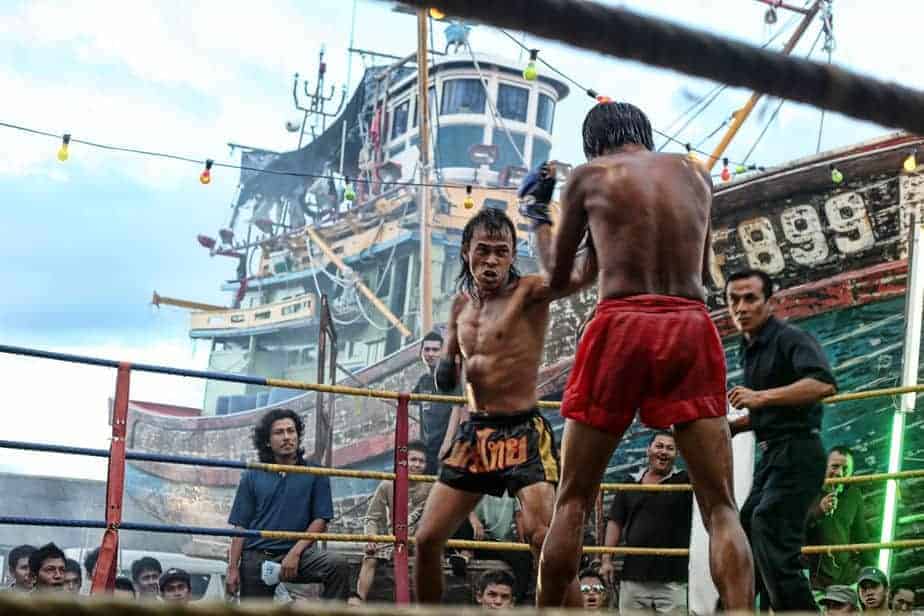
The film primarily takes place in the rural Malaysian town of Bunohan, which is located close to the Thai border. Adil is a young kick-boxer who has fallen deeply into debt, with little hope of paying his creditors honestly. In desperation, Adil agrees to an illegal high-stakes death match at a boxing club on the other side of the border, but in the midst of the fight, with Adil losing badly, his best friend Muski bursts into the ring and breaks up the match, dragging Adil away. This upsets the promoters of the fight, and Adil and Muski return to Bunohan, where Adil was born and raised. The promoter of the fight sends a hired killer, llham (Faizal Hussein), to find and execute Adil.
9. Talentime (Yasmin Ahmad, 2009)

A Malay-mixed pianist and an Indian guitarist are partnered in a talent show competition.
10. Spinning Gasing (Teck Tan, 2000)

Harry Lee returns home to Malaysia from overseas studies. He has failed everything and is kicked out of home by his father, a disgrace. He forms a dance band with Yati, his childhood friend. Harry is Chinese by race and does not believe in god. Yati is a modern Malay and Muslim who believes in her heritage and religion. The five members of this band (Malay, Chinese, Indian and Eurasian) represent the multi-racial nature of Malaysian society, and English is their common language. The band members are forced to flee Kuala Lumpur, the capital city, when the loan sharks demand repayment of a debt. They flee to the picturesque East Coast, where traditions and myths still hold strong amongst the villagers and fishermen. They are in familiar yet disturbing territory, and their hip and modern dance music blends with the magical folk songs of an old culture. Away from the pressures of urban life, Yati and Harry's childhood crush develops into something much stronger, a love that crosses racial and religious boundaries. Harry and Yati are forced to resolve personal issues of love and betrayal, race and religion.



